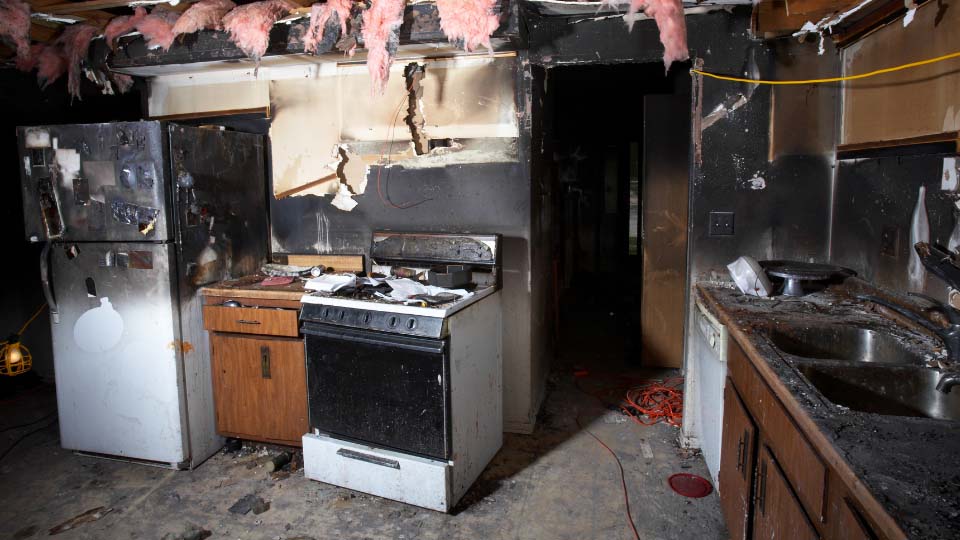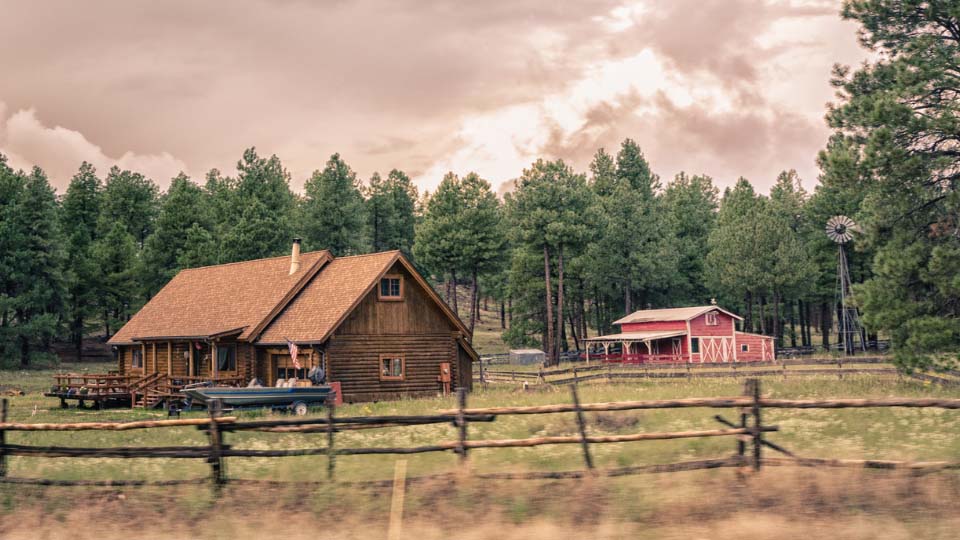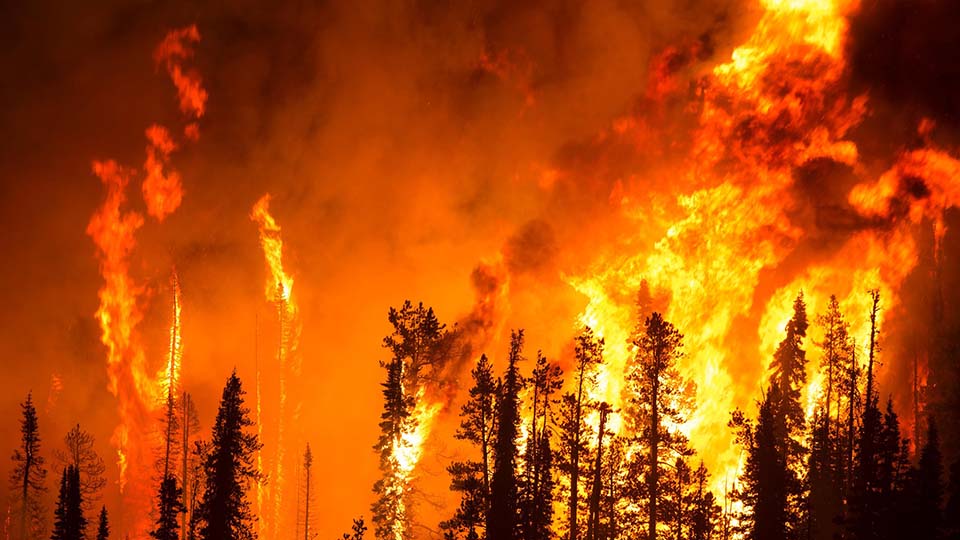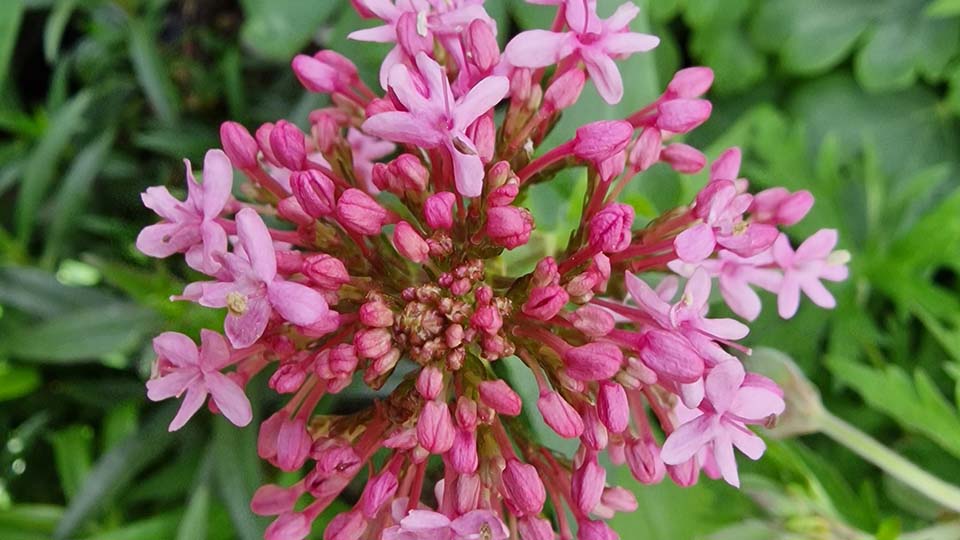Home Preparedness Tips for Wildfire Prevention
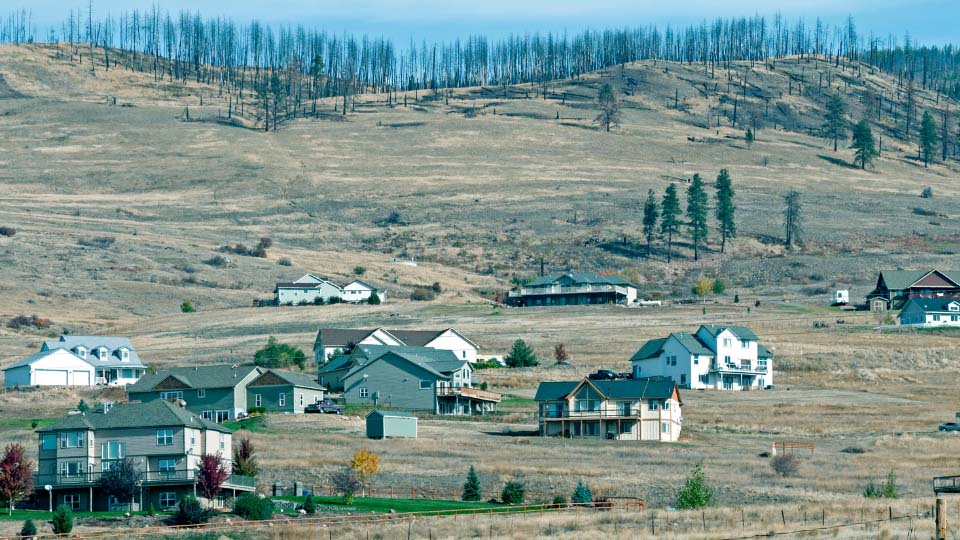
As wildfires have posed a significant threat in recent years, it's important to be prepared. Here are a few points to remember as you think about how to protect your home from fire.
Location
If it is not obvious, mark the nearest water source so it can be found quickly in case of an emergency. Be aware that you may not be home when firefighters arrive and simple things such as locks on entrance gates could slow down those trying to enter your property to control a fire.
Vehicle Access
In case of emergency, there should always be more than one way out of your neighborhood. Access roads should be two lanes wide, allowing firefighters to get in and residents to leave the area at the same time. Individual homes with long narrow driveways pose a particular problem for fire trucks to enter and be able to exit quickly. Turn around areas or “T” shaped driveways are required in order for large vehicles to be able to maneuver in and out.
Roofing
Airborne embers are the main source when wildfires are spread. As a result, the choice of roofing materials is one of the most important decisions when constructing a home or cabin. Class A materials which include metal, concrete, or slate are “top rated” for fire resistance. All roof edges should be properly enclosed so that embers do not get blown under them. Fire resistant material should also be chosen if possible for siding, decks and fences as these structures will be most likely to be exposed first if a fire were to pass through.
Defensible Space
Is there enough room for fire fighters to enter your property and protect your home in case of a fire? Officials say there should be at least 30 feet between your home and any combustible landscape materials. Dry grasses and evergreens are especially flammable. Such items should not be allowed to grow up next to your home or other flammable structures.
Utah State University Extension
Authors
Rick Heflebower, Horticulture Agent
Related



